
Book Review: MLOps with Red Hat OpenShift
Having previously enjoyed the authors’ “Machine Learning on Kubernetes,” I dove into “MLOps with Red Hat OpenShift” with high expectations, and it certainly delivered. Ross Brigoli and Faisal Masood offer a comprehensive guide that expertly bridges the gap between Machine Learning (ML) and Operations (Ops) within the OpenShift platform.
Strengths:
- Solid Foundation: The book starts with a clear introduction to MLOps concepts, ensuring readers with even limited ML experience can grasp the fundamentals.
- OpenShift Focus: The chapters specifically delve into how to leverage OpenShift AI (formerly Red Hat OpenShift Data Science – RHODS) on various platforms like Red Hat OpenShift Service on AWS (ROSA). This targeted approach is valuable for those committed to the OpenShift ecosystem.
- Unique Insights: The content on GPU configurations is particularly noteworthy, addressing a topic often underrepresented in online resources.
- Practical Solutions: My existing doubts regarding ML model training, deployment, and operation were effectively addressed, providing a clear path to implementation.
Target Audience:
This book is ideal for anyone seeking a structured approach to kickstarting their Machine Learning journey with OpenShift. It caters well to developers, data scientists, and DevOps professionals looking to integrate MLOps practices into their OpenShift environment.
Overall Impression:
“MLOps with Red Hat OpenShift” lives up to its predecessor’s quality. It is a well-structured, informative resource that empowers readers to confidently navigate the complexities of deploying and managing ML models within OpenShift. My thanks to the authors for creating such valuable content and to Vinishka and Packt Publishing for providing the review copy.
Disclaimer:
The views expressed and the content shared in all published articles on this website are solely those of the respective authors, and they do not necessarily reflect the views of the author’s employer or the techbeatly platform. We strive to ensure the accuracy and validity of the content published on our website. However, we cannot guarantee the absolute correctness or completeness of the information provided. It is the responsibility of the readers and users of this website to verify the accuracy and appropriateness of any information or opinions expressed within the articles. If you come across any content that you believe to be incorrect or invalid, please contact us immediately so that we can address the issue promptly.
Tags:
Comments

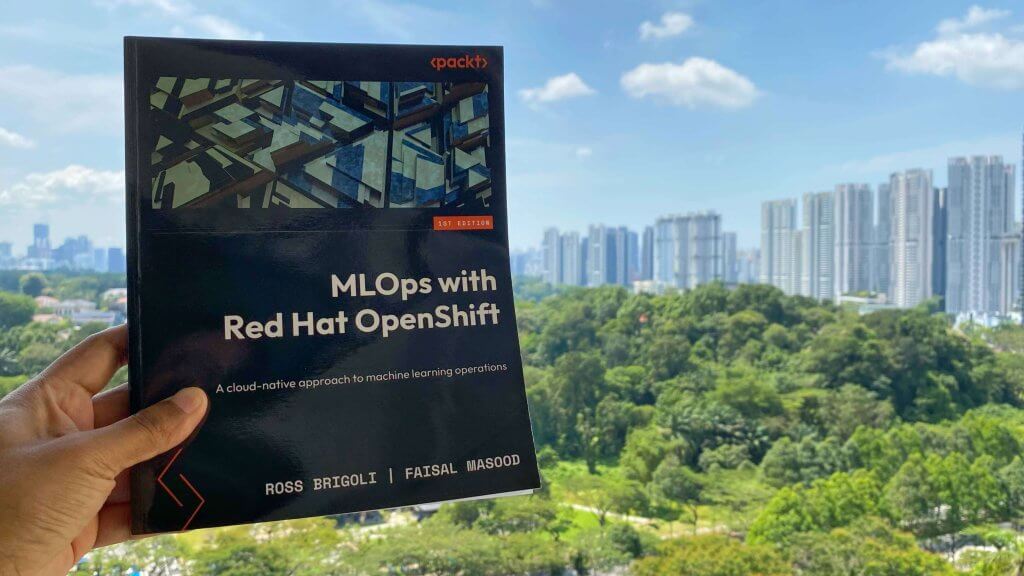

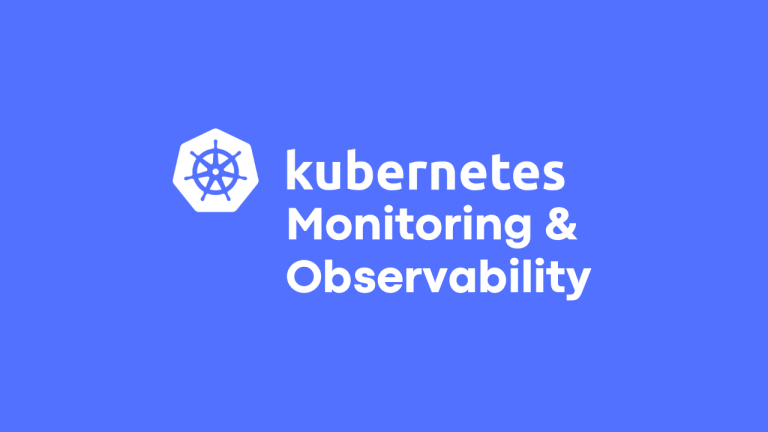
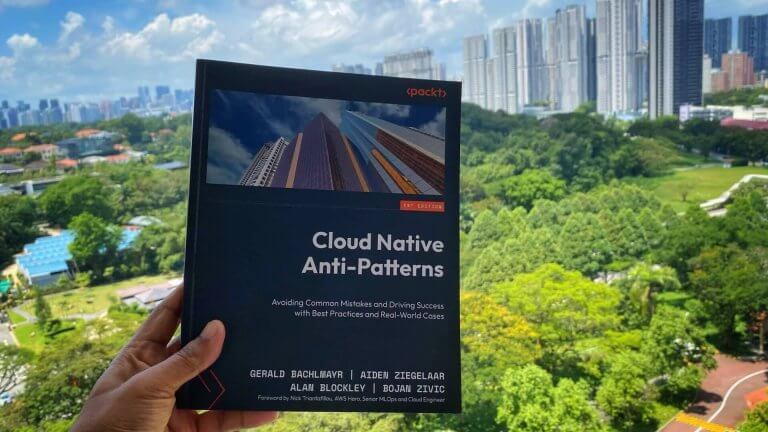
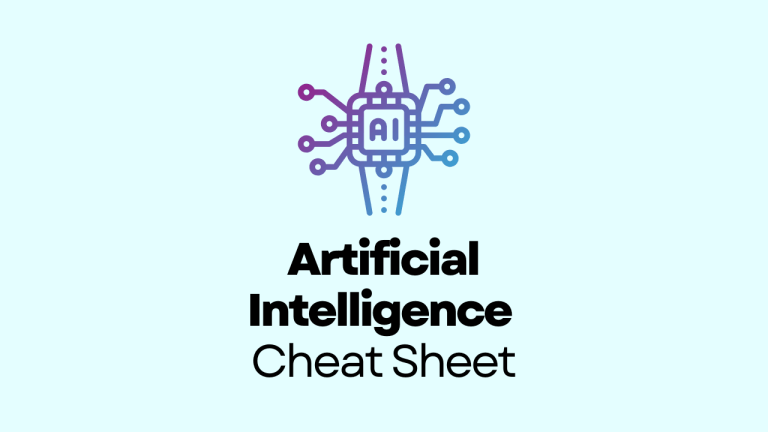
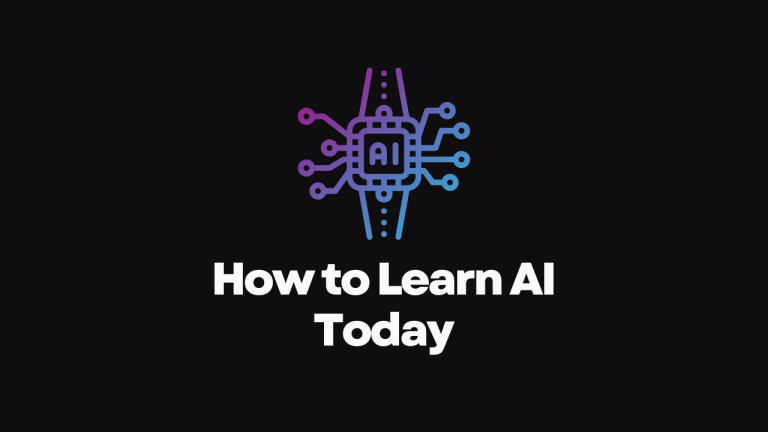
Leave a Reply